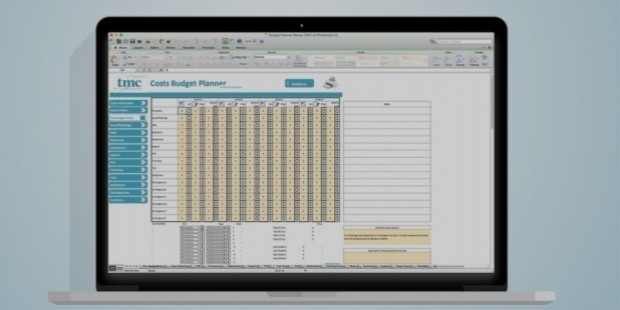10 Tips to Master Money Management

Managing money effectively is not rocket science. In fact, keeping your money organized doesn’t require any entrepreneurial skills. But the biggest mistake many people make after receiving their paycheck is to begin spending without a second thought. Even a spendthrift knows that he has to spend right, expect he might not have an idea how.
Here are 10 tips that can help you manage your money in 2017.
1. Use Budget Plan Templates

Start saving money by using budget plan templates. Use the document to plan your shopping before going to the grocery or supermarket. By using this free file, you are able to filter every item that isn’t worth buying. At the end of the day, you end up buying only what is truly necessary.
2. Optimize Your Budget Template

Using a budget plan template as a shopping guide is significant. But writing everything you intend to buy won’t often work wonders. You have to optimize the plan on a weekly basis by filtering out what you don’t need and adding to the list what you believe is necessary.
3. Take Advantage of Coupons

Coupons have been around for ages. And they’ve helped thousands of shoppers, if not millions, to save a lot of money. Taking advantage of coupons does not mean you are broke. Rather, it is a symbol of being resourceful and saving money.
4. Minimize Your Credit Card Expenses

A lot of people keep balances on their credit cards. If you fall into this group, it would be best to go for low-interest cards. This will help you to lower your credit card bills. You may also choose not to maintain a balance in your credit card. That way, you will enjoy free benefits without worrying about credit card interests.
5. Use a Debit Card

Life isn’t often smooth for squanderers. So, if you’ve been a long time compulsive shopper and want to start saving, it would be best if you dropped your standard credit card in an exchange for a debit card. A debit card is a limited resource; hence, a reasonably accurate means of saving money.
6. Track Your Spending Habits

Tracking your weekly spending may not be easy, but you should get used to it soon enough. By tracking your weekly spending, you are able to know how much money you spend, and why you spend the way you do. You can then create a weekly or monthly budget that works for you.
7. Save Money in Your Bank Account

If you really want to stop enslaving yourself in financial difficulties, consider saving money in your bank account. By saving a certain amount from your monthly salary, you should gain your financial freedom from your active income soon enough.
8. Create a Bill Calendar

Paying bills on time can save you a lot of inconveniences. Once you have a billing calendar, it will be easy for you to pay all your bills when they are due.
9. Save Money for Emergencies

If you don’t want to tangle yourself in bank loans and family debts during emergencies, it would be best if you started saving money for catastrophes. That way, you will have enough money available when any trouble comes.
10. Live Within Your Means

You have heard many people say that you must never spend more than what you earn. The same old age concept still applies in today’s real life.









